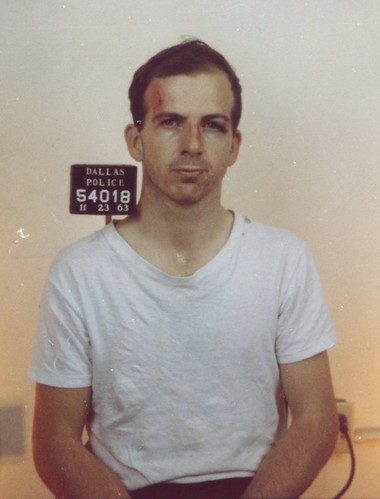Do people really believe conspiracy theories or do they just not trust authority?
.
It seems to be more about not trusting authority. This fascinating study shows a high correlation between conspiracy theorists being inclined to hold contradictory beliefs.
For instance, people who believed Osama Bin Laden was already dead when the US raided his compound were also more likely to believe he was still alive now.
Apparently the logic is something like “It’s not about whether my theory is right but what they are telling us is definitely wrong.”
Conspiracy theories can form a monological belief system: A self-sustaining worldview comprised of a network of mutually supportive beliefs. The present research shows that even mutually incompatible conspiracy theories are positively correlated in endorsement. In Study 1 (n = 137), the more participants believed that Princess Diana faked her own death, the more they believed that she was murdered. In Study 2 (n = 102), the more participants believed that Osama Bin Laden was already dead when U.S. special forces raided his compound in Pakistan, the more they believed he is still alive. Hierarchical regression models showed that mutually incompatible conspiracy theories are positively associated because both are associated with the view that the authorities are engaged in a cover-up (Study 2). The monological nature of conspiracy belief appears to be driven not by conspiracy theories directly supporting one another but by broader beliefs supporting conspiracy theories in general.
Source: “Dead and Alive: Beliefs in Contradictory Conspiracy Theories” from Social Psychological and Personality Science
Join 25K+ readers. Get a free weekly update via email here.
Related posts:
Why do people believe in conspiracy theories?
Are people who believe in conspiracy theories more Machiavellian?
How much should we trust others? What are the consequences of trusting too much or too little?





